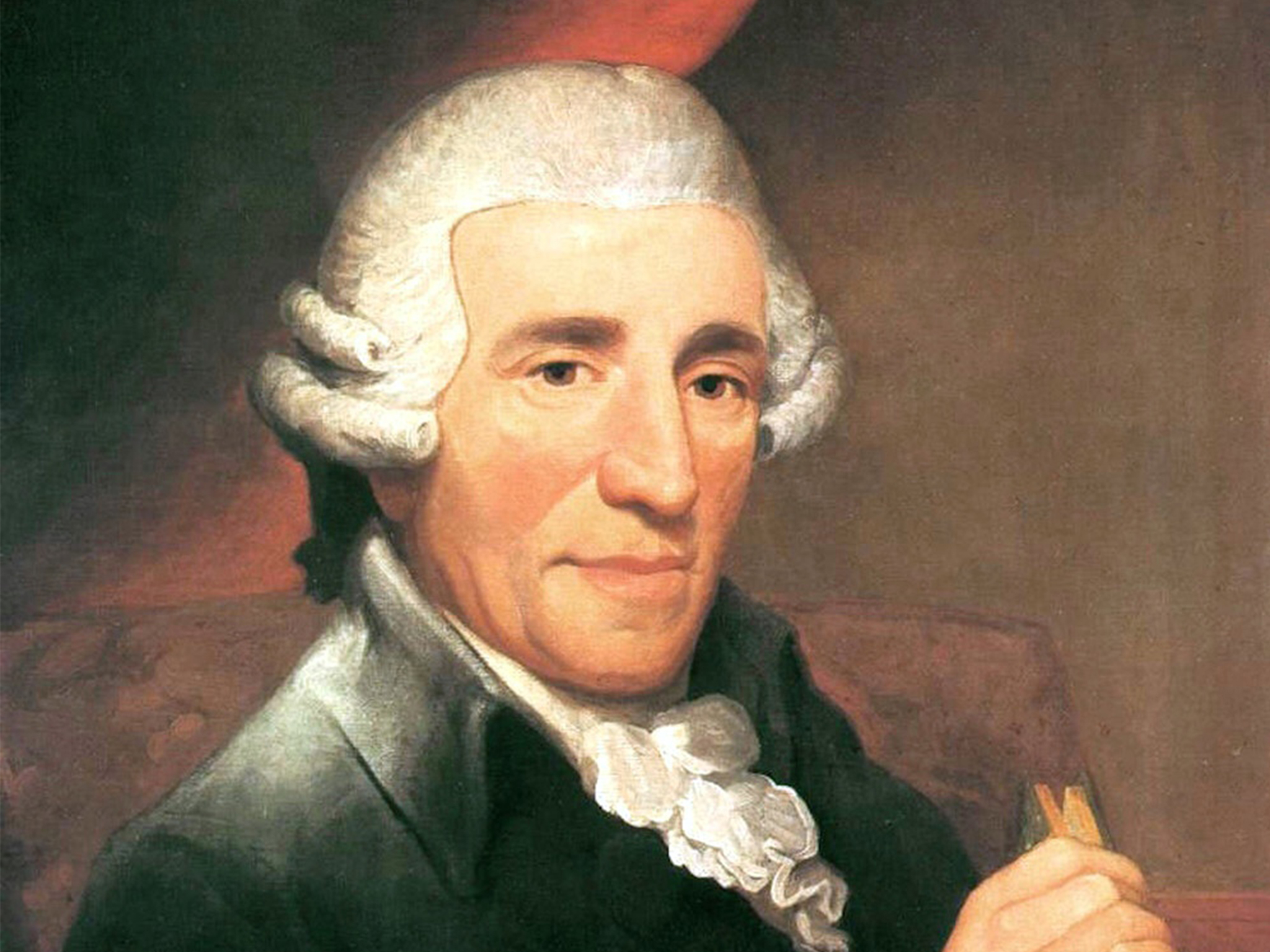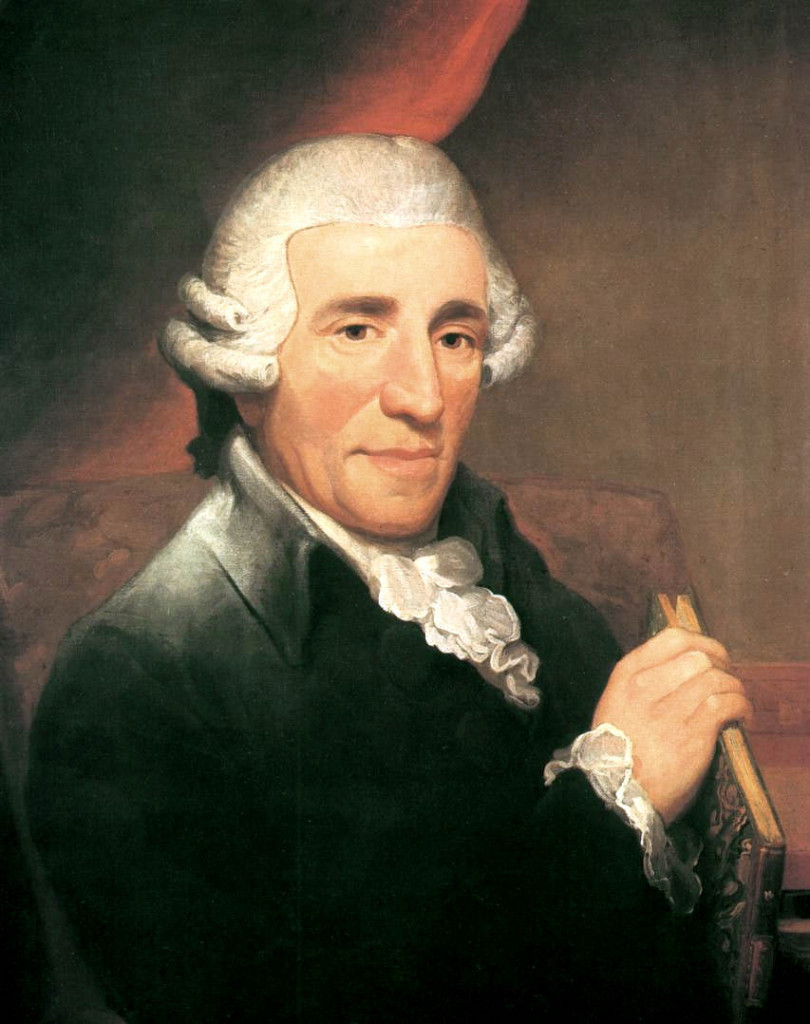Joseph Haydn, often called the “Father of the Symphony” and the “Father of the String Quartet,” was a pivotal figure in the development of classical music. Here are ten interesting facts about this prolific and influential composer:
- Prolific Output: Haydn composed 104 symphonies, 68 string quartets, 32 piano trios, 14 masses, and numerous other works including operas and concertos. His extensive output helped define the classical style and set a standard for future composers.
- Father of the Symphony and String Quartet: Haydn is credited with establishing the forms and structures of the symphony and the string quartet. His innovations in these genres influenced many of his contemporaries and successors, including Mozart and Beethoven.
- Esterházy Patronage: For nearly 30 years, Haydn worked as a court musician for the wealthy Esterházy family. This stable employment allowed him to experiment and develop his compositions without financial worries. The Esterházy patronage was crucial in his development as a composer.
- Isolation and Innovation: Living in relative isolation at the Esterházy estate in Hungary, Haydn had to rely on his creativity rather than outside influences. This isolation allowed him to develop a unique style, leading to many innovative compositions that broke new ground in classical music.
- Humor in Music: Haydn was known for his sense of humor, which often found its way into his music. One famous example is his “Surprise Symphony” (Symphony No. 94), which includes a sudden loud chord meant to startle the audience. Another is his “Farewell Symphony” (Symphony No. 45), where musicians leave the stage one by one, signaling Haydn’s request to return home from the Esterházy estate.
- Friendship with Mozart: Haydn and Mozart were good friends and greatly respected each other’s work. They often played string quartets together, and Mozart dedicated a set of six string quartets to Haydn, known as the “Haydn Quartets.” Their relationship was one of mutual admiration and influence.
- Influence on Beethoven: Haydn was a mentor to Ludwig van Beethoven, who studied under him in Vienna. Although their relationship was sometimes strained, Haydn’s impact on Beethoven’s early development as a composer was significant.
- London Symphonies: Later in his life, Haydn made two highly successful trips to London, where he composed 12 symphonies known as the “London Symphonies.” These works were well-received and solidified his international reputation. The trips also introduced him to a broader public and different musical tastes, further enriching his compositions.
- Folk Music Elements: Haydn often incorporated elements of folk music into his compositions. This can be heard in the rustic themes and dance rhythms present in many of his works, reflecting his Austrian heritage and adding a distinctive character to his music.
- Legacy and Recognition: Despite his relatively modest personality, Haydn’s contributions to music were widely recognized during his lifetime and continue to be celebrated today. He received numerous honors and accolades, including honorary doctorates from universities such as Oxford. His influence is evident in the works of countless composers who followed him.
Joseph Haydn’s remarkable career and contributions to classical music have left an indelible mark on the history of Western music. His innovative spirit, combined with his ability to infuse humor and humanity into his compositions, continues to endear him to musicians and audiences alike.


Comments are closed